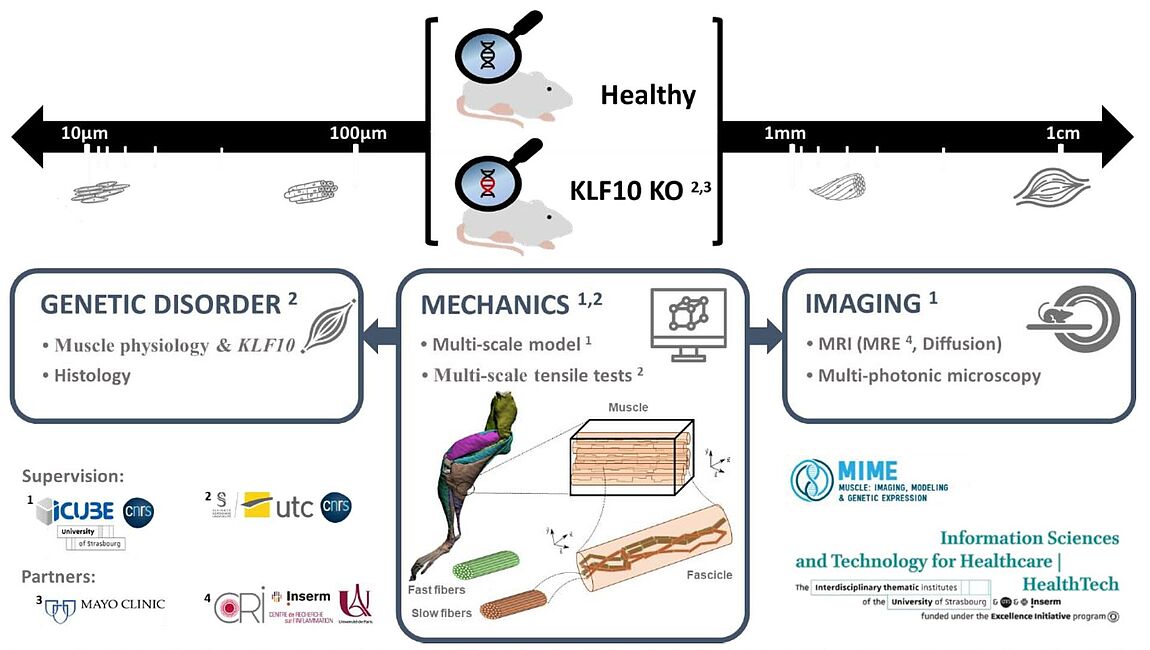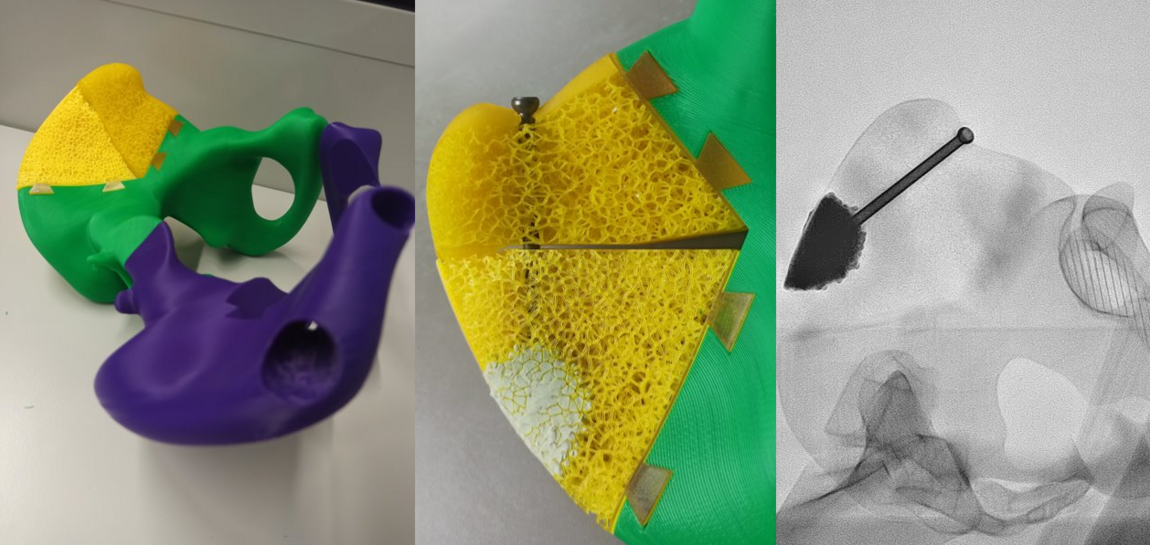Hand Fracture Surgical Video Analysis for AI-Based Training and Surgical Safety
The goal of this project is to develop AI based tools for the identification and segmentation of surgical stages and surgical errors dedicated to minimally invasive surgical procedures, particularly for distal radial fracture osteosynthesis. Such developments will promote surgical confidence by supervising tasks, providing warnings, and offer an automated analysis of the procedure for training purposes. The system will therefore help to prevent adverse events and train junior surgeons.
- PhD student: C. Graëff
- Co-supervisors: P. Liverneaux & T. Lampert, ICube & HUS







